-
Classic Problem Solving
Using Options and Evaluation to Reach Group Consensus
Maggie Lewicki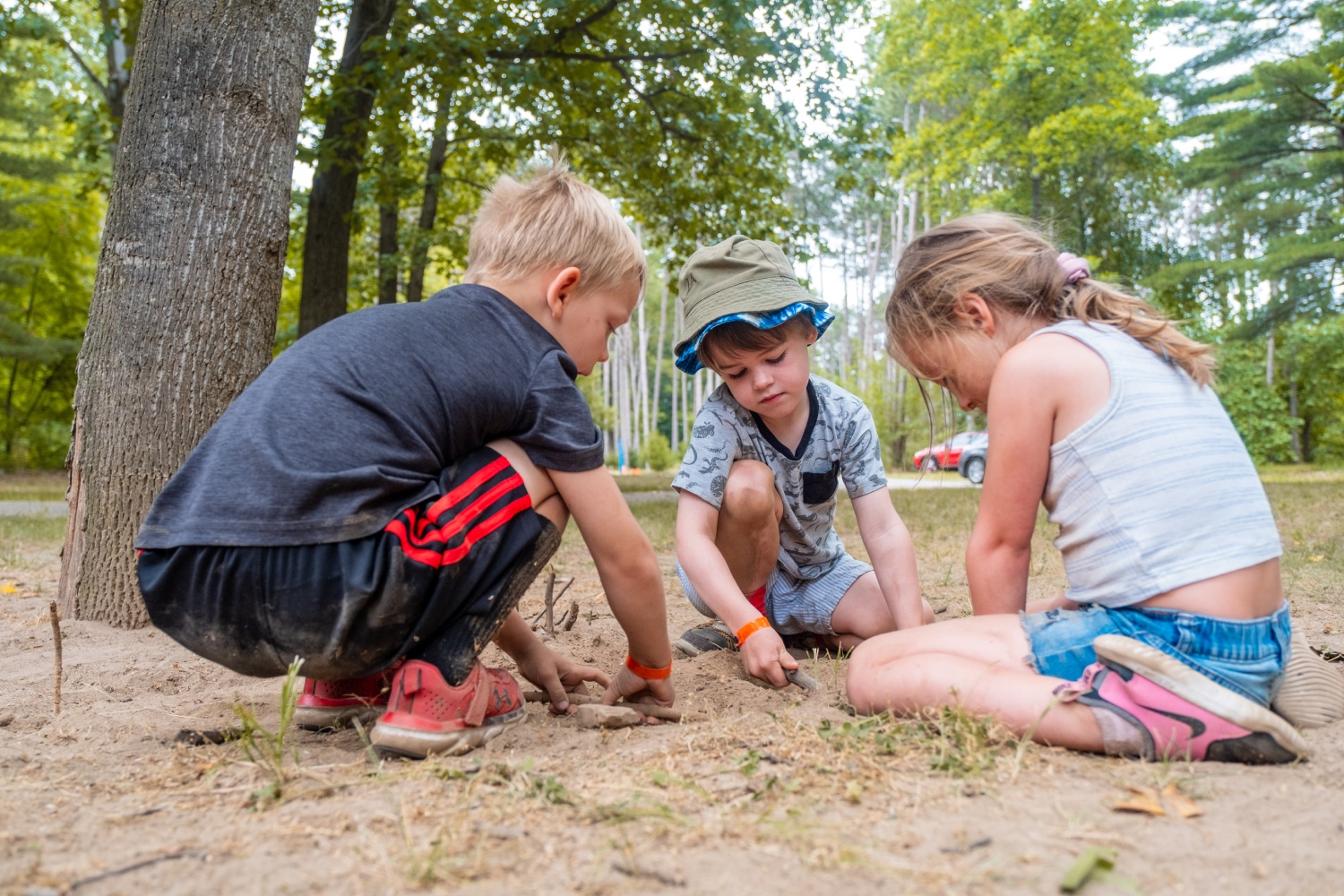 Classic problem solving is a powerful way to use the group's wisdom to find a solution that works for everyone. In this insightful module, you'll watch elegant, step-by-step examples of camp staff sitting down with real campers to solve common problems. No leader should be without this fundamental conflict resolution tool-kit. Far superior to blaming or shaming.
Classic problem solving is a powerful way to use the group's wisdom to find a solution that works for everyone. In this insightful module, you'll watch elegant, step-by-step examples of camp staff sitting down with real campers to solve common problems. No leader should be without this fundamental conflict resolution tool-kit. Far superior to blaming or shaming. -
Non-Verbal Communication
Communication
Dr. Sarah Levin Allen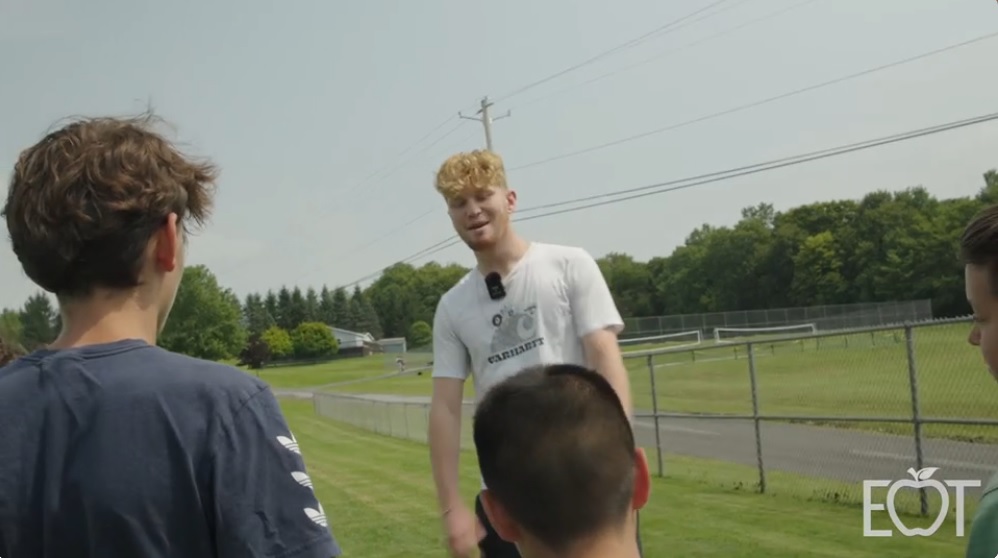 This training video for camp counselors explores the power of nonverbal communication and its impact on connecting with campers. Through real-life camp scenarios and practical examples, it demonstrates seven key principles, proximity, kinesics, posture, gestures, eye contact, haptics, and presence and shows how each can enhance clarity, engagement, and trust. The module emphasizes cultural sensitivity, awareness, and the importance of aligning body language with spoken words to create a consistent, positive message.
This training video for camp counselors explores the power of nonverbal communication and its impact on connecting with campers. Through real-life camp scenarios and practical examples, it demonstrates seven key principles, proximity, kinesics, posture, gestures, eye contact, haptics, and presence and shows how each can enhance clarity, engagement, and trust. The module emphasizes cultural sensitivity, awareness, and the importance of aligning body language with spoken words to create a consistent, positive message. -
Rules Were Made to Be Positive
Creating Expectations Campers Want to Live Up To
Evan Heltay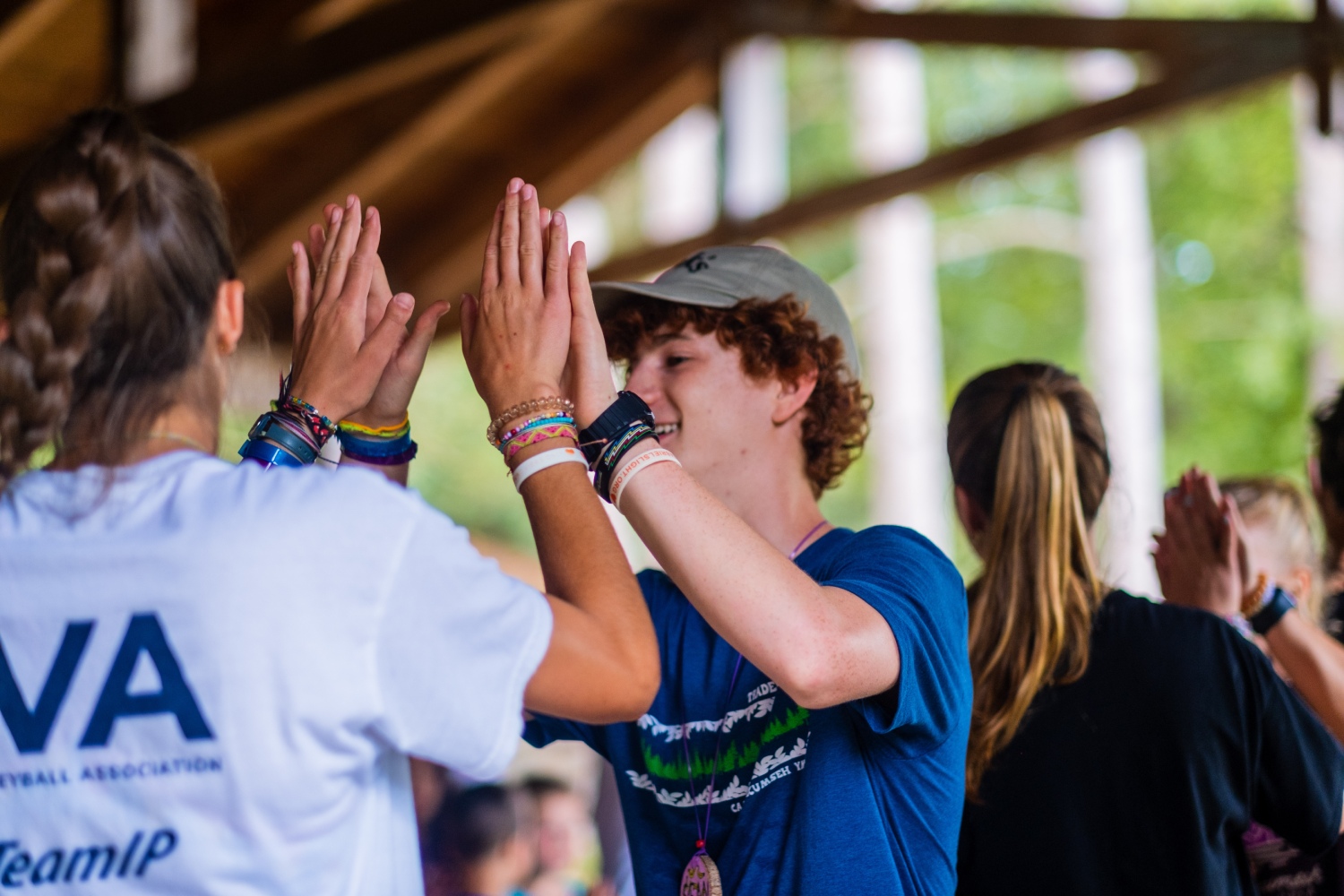 Because your brain first processes the positive in any statement, it can be confusing and ineffective to give campers a string of negative admonishments. A better way to achieve compliant behavior is to explain games, rules, and activities using positive statements. The examples in this original module show you how to turn "Don't cross the line" into "Stay on your side" with marvelous results.
Because your brain first processes the positive in any statement, it can be confusing and ineffective to give campers a string of negative admonishments. A better way to achieve compliant behavior is to explain games, rules, and activities using positive statements. The examples in this original module show you how to turn "Don't cross the line" into "Stay on your side" with marvelous results. -
Becoming a Youth Development Professional, Part I
Making the Transition from ME to KIDS
Dan Weir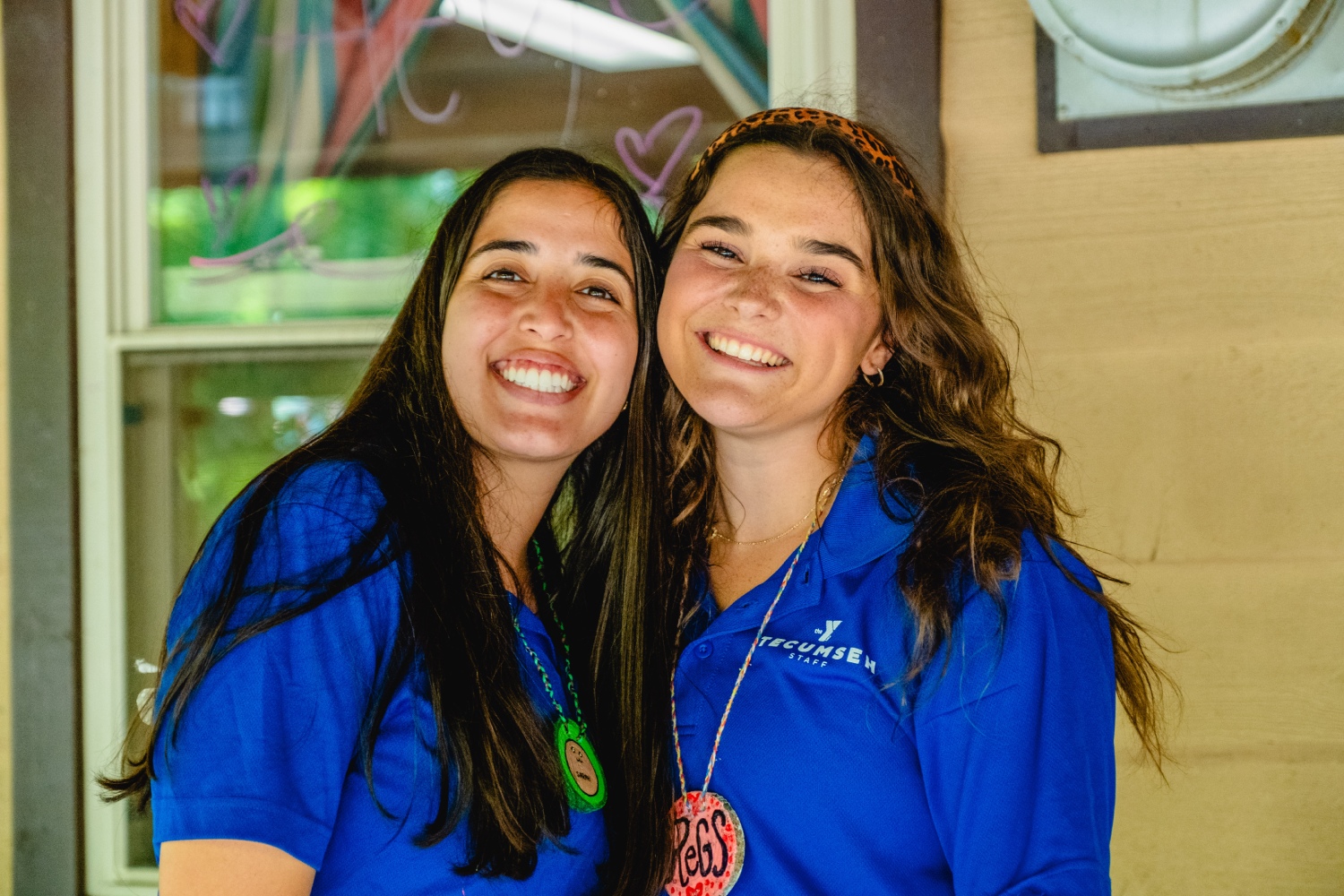 Day and overnight camps are powerful, positive developmental experiences for young people. Their growth hinges on the quality of their relationship with you, so it is essential that you begin considering yourself a youth development professional. This honest module explains how to transition from focusing on yourself to focusing on the needs of the children and adolescents you’ll serve.
Day and overnight camps are powerful, positive developmental experiences for young people. Their growth hinges on the quality of their relationship with you, so it is essential that you begin considering yourself a youth development professional. This honest module explains how to transition from focusing on yourself to focusing on the needs of the children and adolescents you’ll serve. -
Cultivating Patience
Creating a Calm Presence for Learning and Leadership
Dan Weir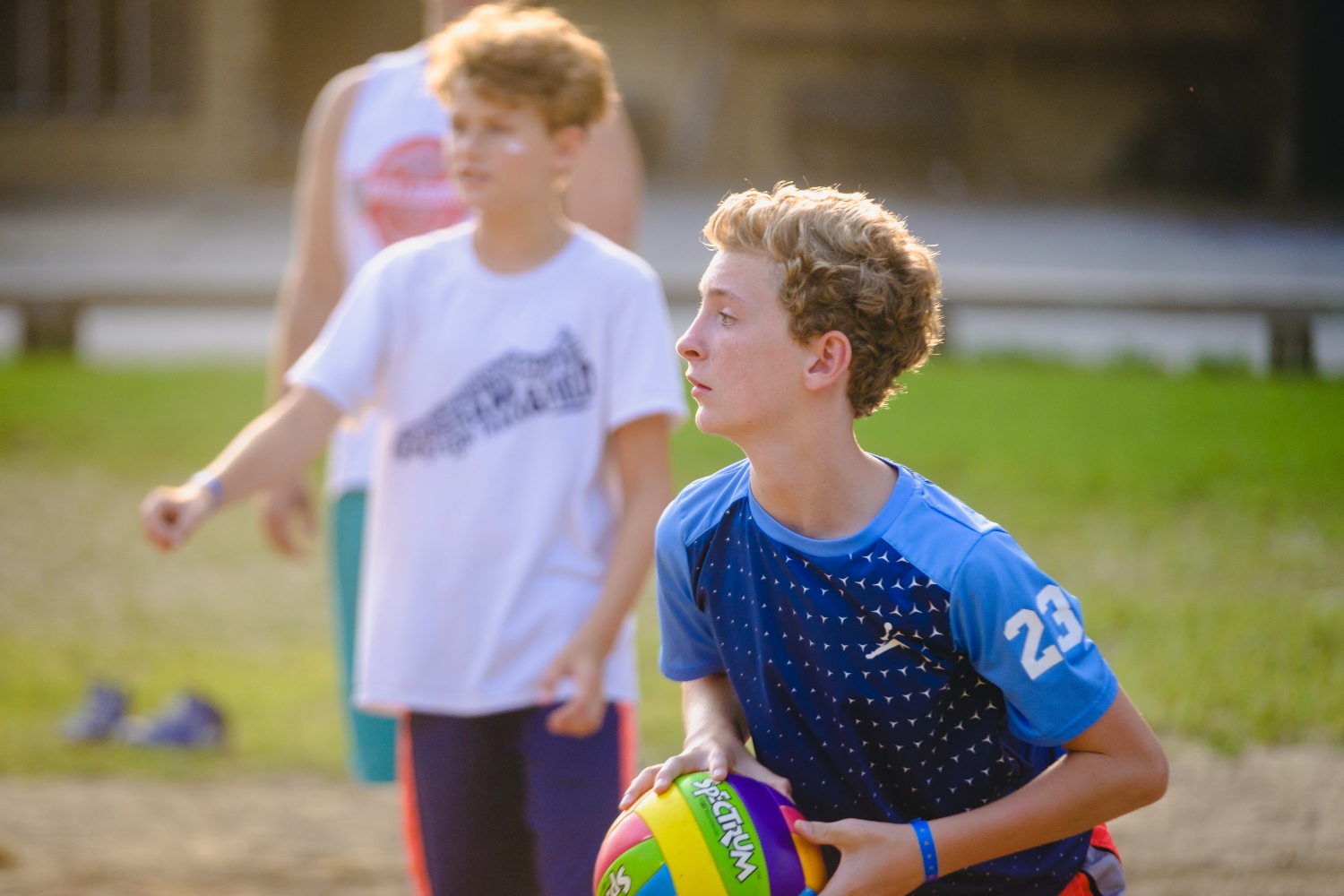 Ever feel as if you're going to lose it because the kids aren't listening? We all have, at some point. Ironically, of all the essential leadership skills for youth development professionals, patience may be the most important and the most neglected. This remarkable module uses realistic pairs of bad and good examples to teach novel ways of fostering lasting patience. Never "lose it" again!
Ever feel as if you're going to lose it because the kids aren't listening? We all have, at some point. Ironically, of all the essential leadership skills for youth development professionals, patience may be the most important and the most neglected. This remarkable module uses realistic pairs of bad and good examples to teach novel ways of fostering lasting patience. Never "lose it" again! -
Bullies and Targets, Part I
Prevention
Luci Macli Did you know that about 75% of boys and girls report being both bullies and targets at one time or another? That means deciphering who the “real” bully is can be difficult. But what if you could prevent bullying altogether? This revealing module shows how staff can create a nearly bully-free culture with a warm tone, firm expectations, vigilant presence, and kind example.
Did you know that about 75% of boys and girls report being both bullies and targets at one time or another? That means deciphering who the “real” bully is can be difficult. But what if you could prevent bullying altogether? This revealing module shows how staff can create a nearly bully-free culture with a warm tone, firm expectations, vigilant presence, and kind example. -
Bullies and Targets, Part II
Intervention
Betsy Martin Some bullying behavior is so violent that dismissal is required. For everything else, you’ll need the strong discipline tools in this module. Research shows that zero-tolerance policies fail to teach social skills. Instead, enlightened intervention for bullying requires consistent enforcement of your rules, thoughtful teaching of peaceful interaction, and praise for good behavior.
Some bullying behavior is so violent that dismissal is required. For everything else, you’ll need the strong discipline tools in this module. Research shows that zero-tolerance policies fail to teach social skills. Instead, enlightened intervention for bullying requires consistent enforcement of your rules, thoughtful teaching of peaceful interaction, and praise for good behavior. -
Cultural Exchange Excellence
Top Ten Tips for International Staff
Jeff Daly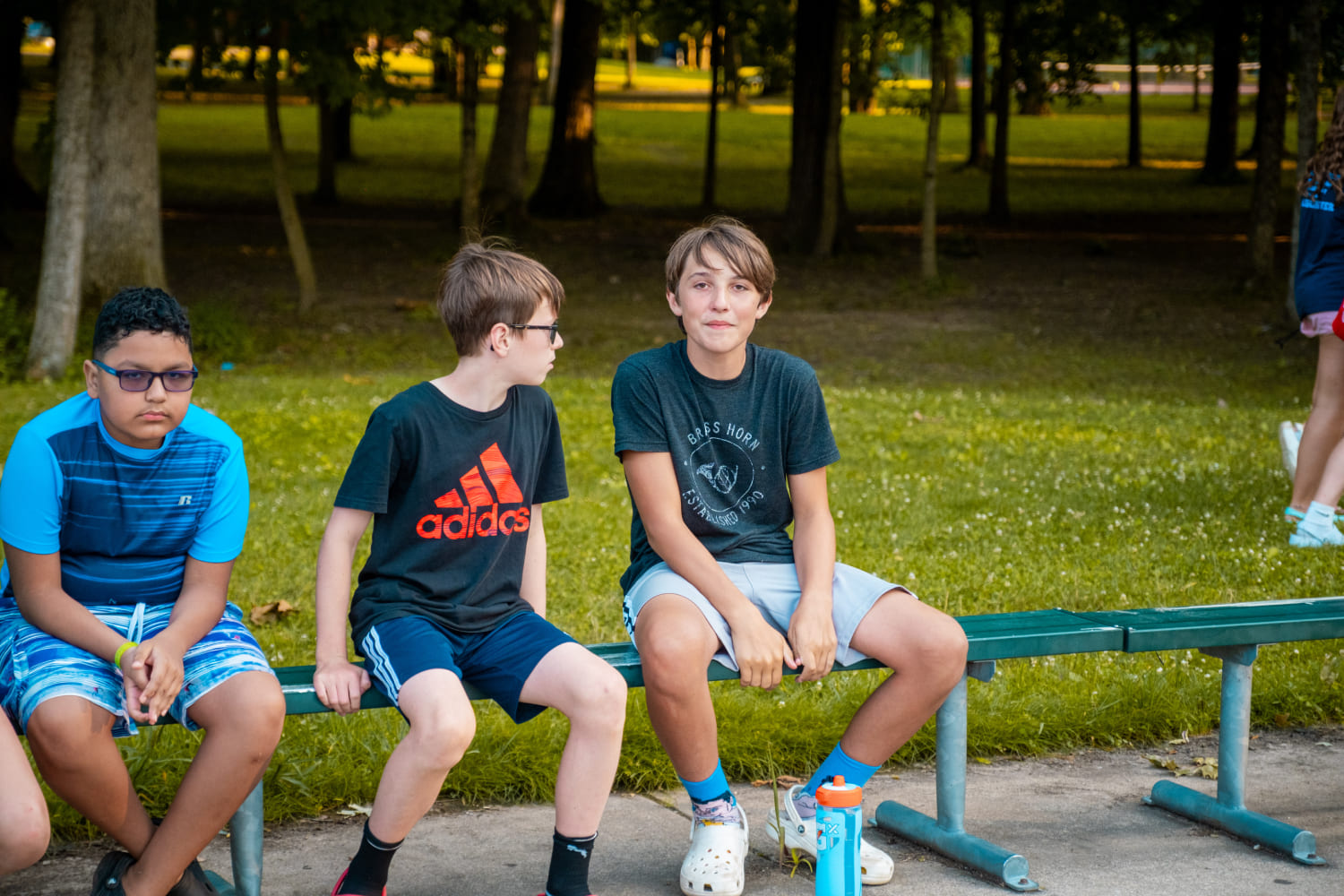 Prevent homesickness, promote adjustment, and increase excellence with this insider's guide for foreign staff. Whether your cultural exchange participants are working on the waterfront, the fields, the kitchen, or the courts, they will love hearing Scott's hilarious take on The Look, The Accent, The Food, The Drink, The Tongue, The Glamour, The Pits, The Parents, The Sex (spoiler alert), and The End.
Prevent homesickness, promote adjustment, and increase excellence with this insider's guide for foreign staff. Whether your cultural exchange participants are working on the waterfront, the fields, the kitchen, or the courts, they will love hearing Scott's hilarious take on The Look, The Accent, The Food, The Drink, The Tongue, The Glamour, The Pits, The Parents, The Sex (spoiler alert), and The End. -
Skillful Discipline, Part I
Creative Behavior Management and Alternatives to Punishment
Evan Heltay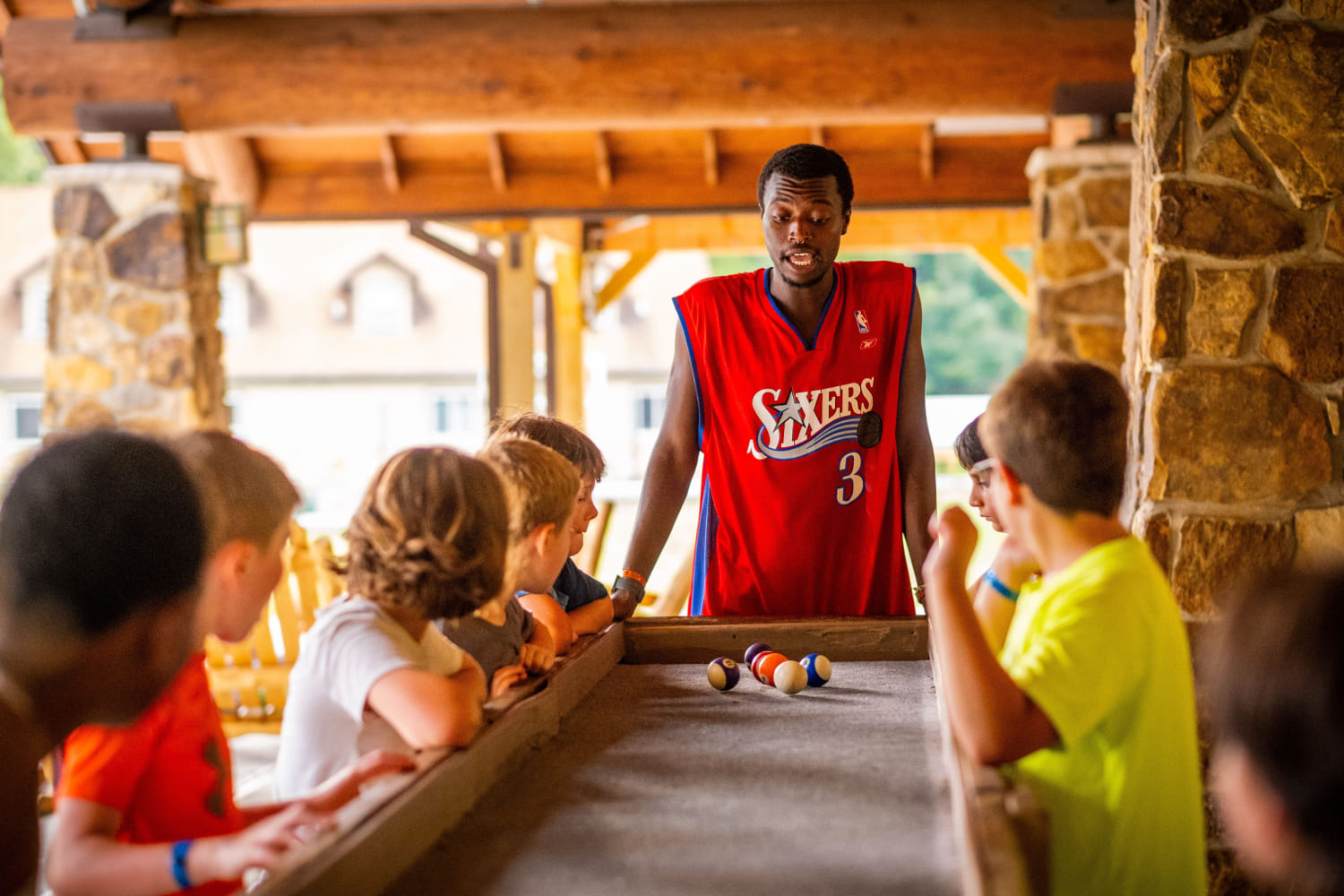 The biggest concern that every new staff member has is that the children won't listen and follow directions. No wonder! If young people aren't compliant, your job gets pretty tough. This innovative module illustrates the six prevention strategies you can use to promote good behavior. Then, you'll learn six core behavior management strategies to use for any misbehavior.
The biggest concern that every new staff member has is that the children won't listen and follow directions. No wonder! If young people aren't compliant, your job gets pretty tough. This innovative module illustrates the six prevention strategies you can use to promote good behavior. Then, you'll learn six core behavior management strategies to use for any misbehavior. -
Skillful Discipline, Part II
Advanced Behavior Management and Alternatives to Punishment
Evan Heltay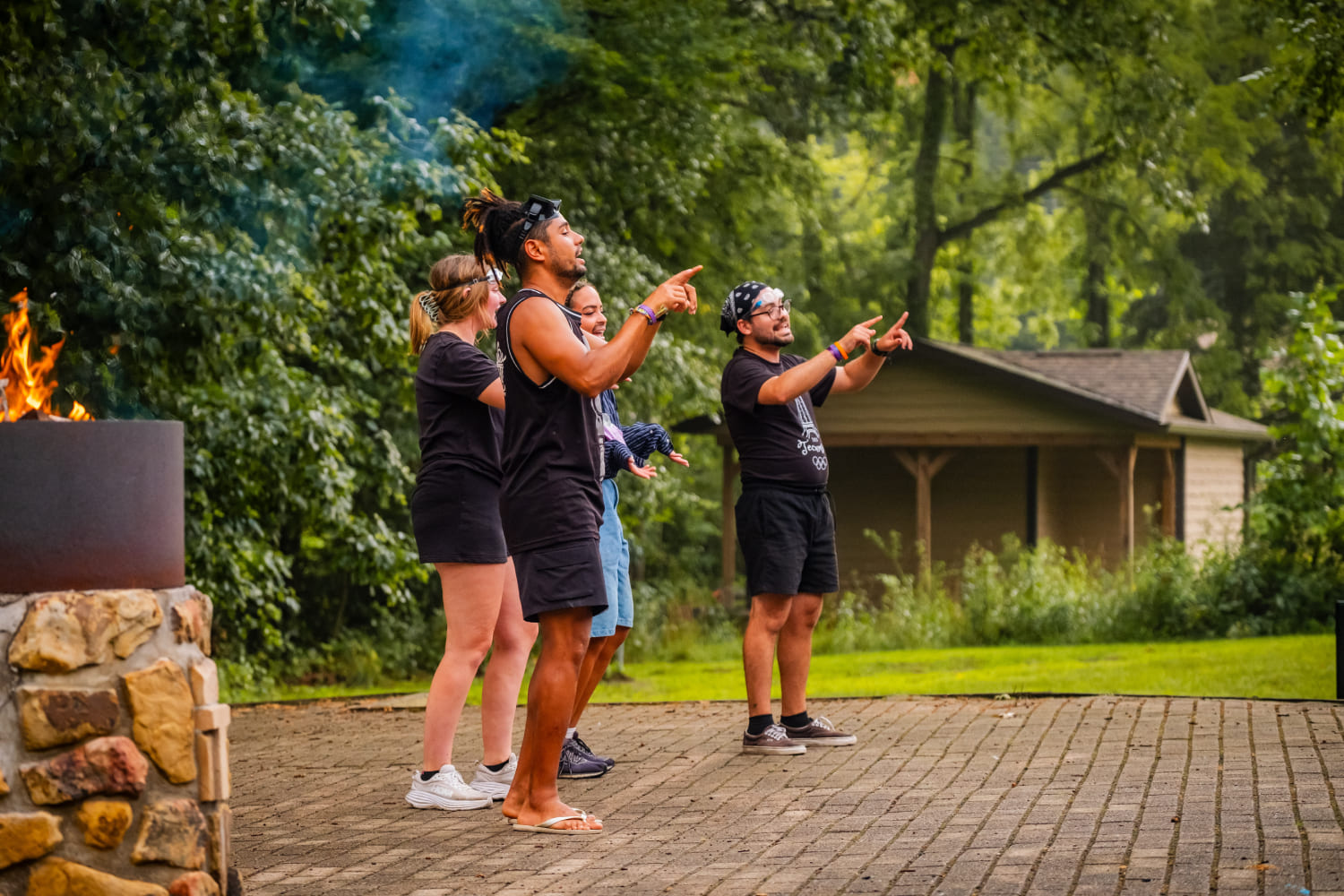 After mastering the powerful strategies in Skillful Discipline Part I, you’ll be ready to expand your behavior management repertoire. This practical module includes seven more field-tested prevention techniques that promote good behavior, plus seven commanding interventions for misbehaviors. Fourteen fresh approaches that promote durable behavior change.
After mastering the powerful strategies in Skillful Discipline Part I, you’ll be ready to expand your behavior management repertoire. This practical module includes seven more field-tested prevention techniques that promote good behavior, plus seven commanding interventions for misbehaviors. Fourteen fresh approaches that promote durable behavior change. -
Duty of Care, Part I
The Concept of In Loco Parentis
Dan Weir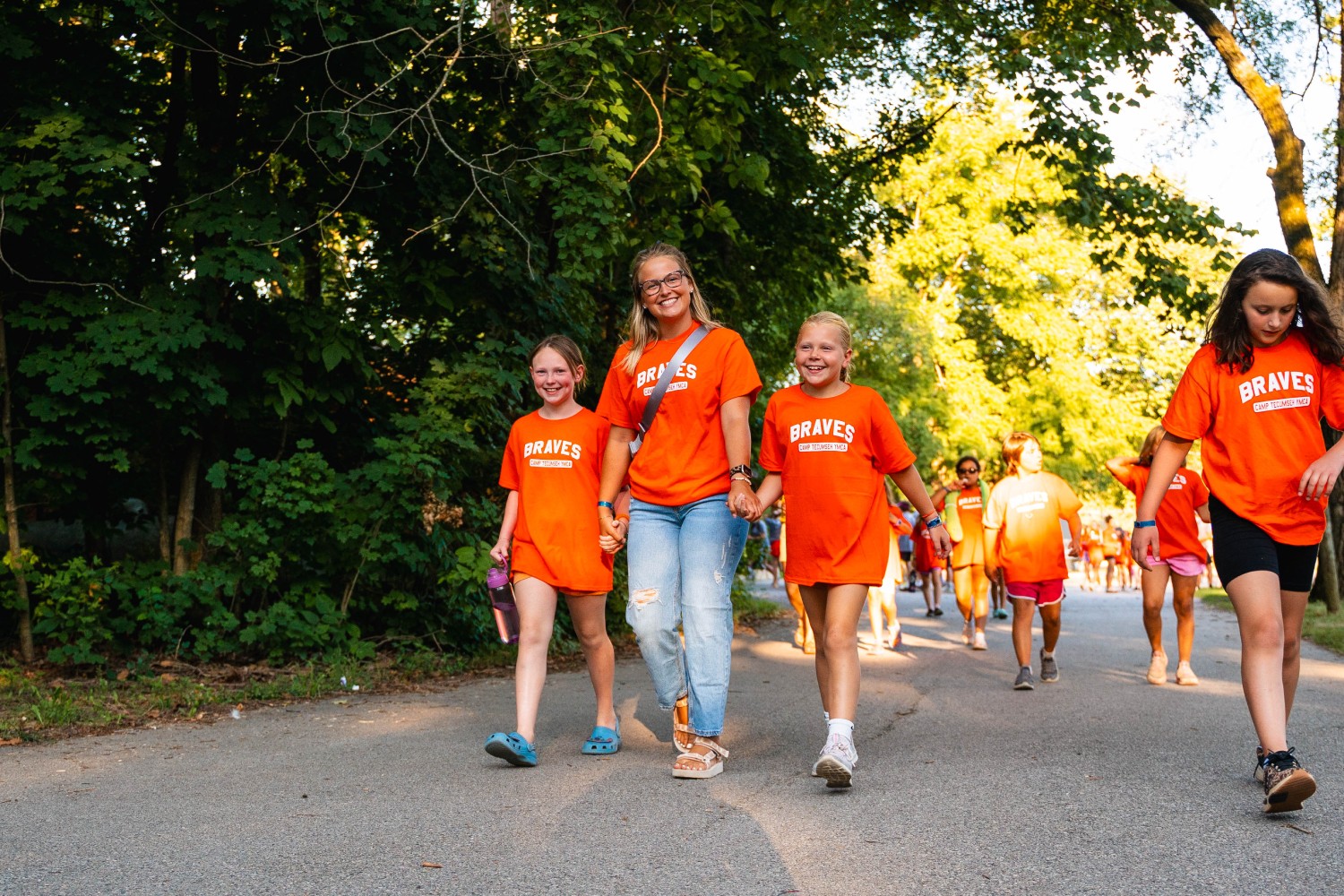 Think this is just a casual summer job? Think again. Your job as a youth leader includes the enormous responsibility to care for the participating children as if they were your own. You function in place of the parents, or in loco parentis. With startling clarity, this module highlights the responsibilities of all youth leaders and the grave consequences of neglecting that duty.
Think this is just a casual summer job? Think again. Your job as a youth leader includes the enormous responsibility to care for the participating children as if they were your own. You function in place of the parents, or in loco parentis. With startling clarity, this module highlights the responsibilities of all youth leaders and the grave consequences of neglecting that duty. -
Duty of Care, Part II
Applied Strategies for Acting as In Loco Parentis
Dan Weir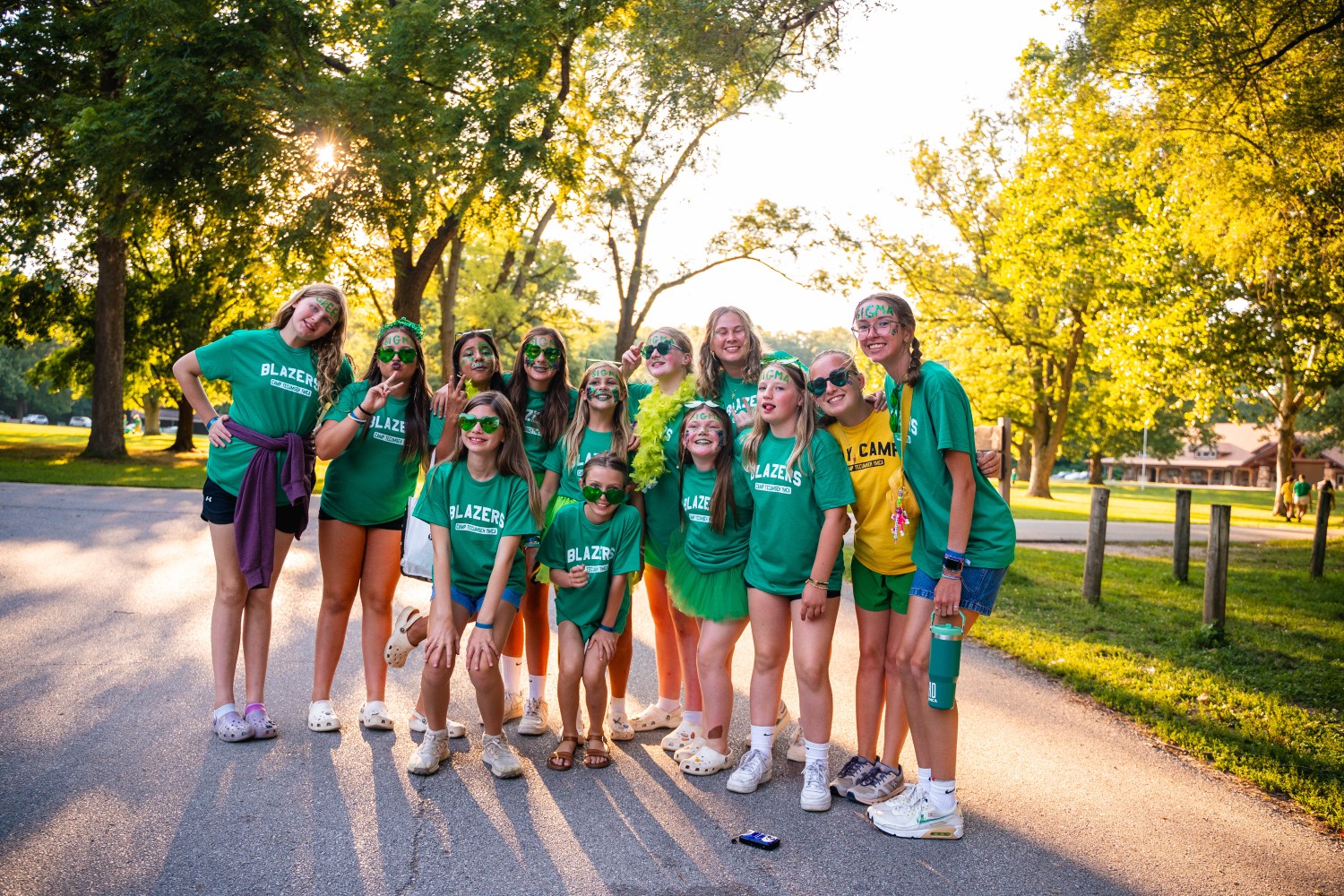 In Part I of this module series, you learned how duty of care concepts applied to your job as a youth leader. Here in Part II, you’ll learn seven essential strategies to help you act in a reasonably prudent manner in your role as in loco parentis: self-assessment, participant assessment, equipment assessment, risk analysis, continuous evaluation, go/no-go, and procedure compliance.
In Part I of this module series, you learned how duty of care concepts applied to your job as a youth leader. Here in Part II, you’ll learn seven essential strategies to help you act in a reasonably prudent manner in your role as in loco parentis: self-assessment, participant assessment, equipment assessment, risk analysis, continuous evaluation, go/no-go, and procedure compliance. -
Sexual Harassment Awareness, Part I
Identification and Prevention for Youth Leaders
Isaac Mamaysky To reduce liability and create a safe culture at camp, employees must know their rights and responsibilities regarding sexual harassment. This carefully constructed module, hosted by one of the camp world’s most respected attorneys, reviews sexual harassment laws and the proper way to respond if you observe or experience any unwelcome sexual advances, touch, language, or requests for favors.
To reduce liability and create a safe culture at camp, employees must know their rights and responsibilities regarding sexual harassment. This carefully constructed module, hosted by one of the camp world’s most respected attorneys, reviews sexual harassment laws and the proper way to respond if you observe or experience any unwelcome sexual advances, touch, language, or requests for favors.